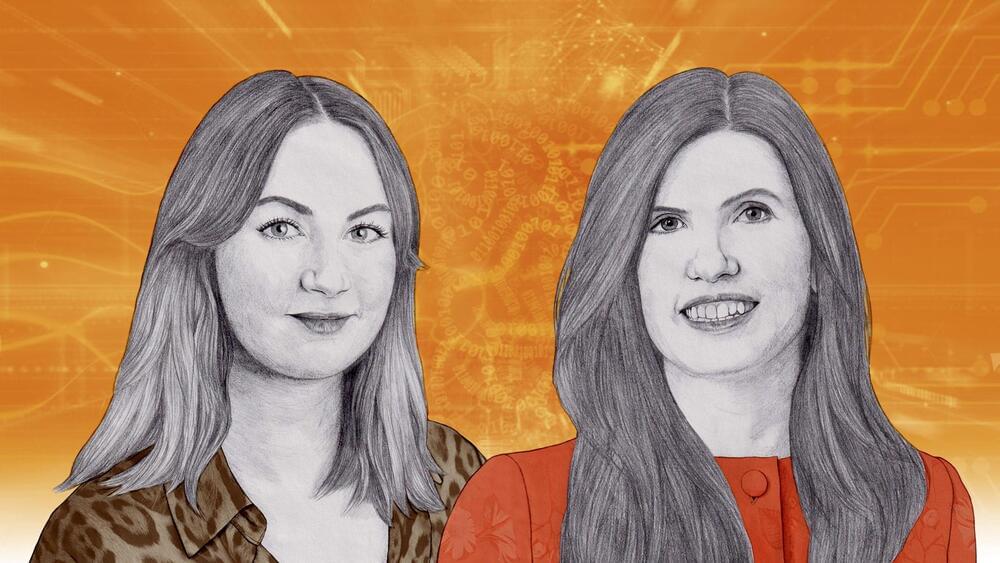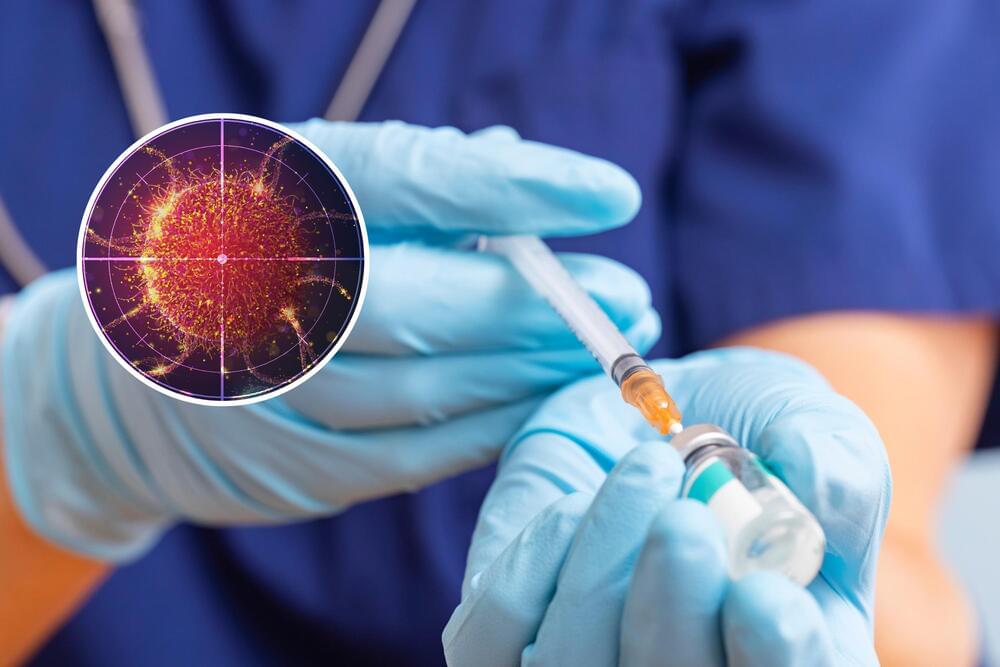This bioengineering breakthrough has found a way to make neurons grown in a dish react just like the real thing.


Enter Stephen wolfram afterwords.


The outgoing head of the US Department of Homeland Security believes Europe’s “adversarial” relationship with tech companies is hampering a global approach to regulating artificial intelligence that could result in security vulnerabilities.
Alejandro Mayorkas told the Financial Times the US — home of the world’s top artificial intelligence groups, including OpenAI and Google — and Europe are not on a “strong footing” because of a difference in regulatory approach.
He stressed the need for “harmonisation across the Atlantic”, expressing concern that relationships between governments and the tech industry are “more adversarial” in Europe than in the US.

Researchers at University of California San Diego have developed and tested a new software package, called Spatial Modeling Algorithms for Reactions and Transport (SMART), that can realistically simulate cell-signaling networks—the complex systems of molecular interactions that allow cells to respond to diverse cues from their environment.
Cell-signaling networks involve many distinct steps and are also greatly influenced by the complex, three-dimensional shapes of cells and subcellular components, making them difficult to simulate with existing tools. SMART offers a solution to this problem, which could help accelerate research in fields across the life sciences, such as systems biology, pharmacology and biomedical engineering.
The researchers successfully tested the new software in biological systems at several different scales, from cell signaling in response to adhesive cues, to calcium release events in subcellular regions of neurons and cardiac muscle cells, to the production of ATP (the energy currency in cells) within a detailed representation of a single mitochondrion.

Amazon announced a major milestone in its electric vehicle transition, officially bringing 20,000 Rivian EDVs (electric delivery vans) into its fleet.
Back in 2019, Amazon announced its Climate Pledge to achieve net-zero carbon emissions by 2040. Part of the Pledge included a partnership with Rivian for 100,000 all-electric delivery vehicles. The goal was to have all EDVs on the road and in the Amazon fleet by 2030.
The first Amazon-Rivian EDV hit the road in 2022, and since then, the vans have made it to thousands of locations across the United States.

The Russian Ministry of Health has announced that it has developed a vaccine against cancer that will be distributed to Russian patients for free from early 2025.
According to TASS, the Russian state-owned news agency, Andrey Kaprin—the General Director of the Radiology Medical Research Center of the Russian Ministry of Health—recently announcement the development on Russian radio.
The vaccine will apparently be used to treat cancer patients, rather than given to the general public to prevent cancer—and it will be personalized to each patient.


“Engineering” sleeping consciousness could reduce nightmares, treat insomnia—and even be induce specific dreams just for fun.
By Michelle Carr edited by Mark Fischetti
I routinely control my own dreams. During a recent episode, in my dream laboratory, my experience went like this: I was asleep on a twin mattress in the dark lab room, wrapped in a cozy duvet and a blanket of silence. But I felt like I was awake. The sensation of being watched hung over me. Experimenters two rooms over peered at me through an infrared camera mounted on the wall. Electrodes on my scalp sent them signals about my brain waves. I opened my eyes—at least I thought I did—and sighed. Little specks of pink dust hovered in front of me. I examined them curiously. “Oh,” I then thought, realizing I was asleep, “this is a dream.”